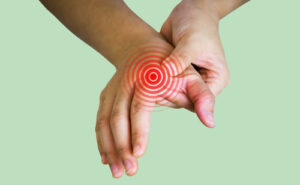

You have probably come across the term stroke before, but what is the main cause of stroke, and what are the 5 warning signs of a stroke?
A stroke is a medical event that impacts over 9,000 Kiwis every year, or around 25 every day, but what exactly is it and what are the top warning signs?
Strokes put simply are a brain attack, where the blood flow going to the brain is blocked. This blockage causes the brain to stop working and damages brain cells. This damage to the brain cells can affect a persons ability to walk, speak, and their vision. However, it is important to note that many of those who suffer a stroke go on to recover and live healthy and happy lives.
The main cause of stroke is high blood pressure, which can weaken the arteries in the brain and make them more likely to split or rupture. Things that increase the risk of high blood pressure include being overweight.
75% of strokes occur in people over 65 years of age with the remaining 25% of strokes occurring in the under 65’s.
Check out our article on hypertension and stroke [click here].
Ischaemic stroke: occurs when a blood clot completely blocks an artery in or to the brain. They are the most common type of stroke, occurring in about 85% of cases.
Haemorrhagic stroke: occurs when an artery within the brain ruptures (bursts) and leaks blood into the brain.
Transient ischaemic attack (‘mini-stroke’): occurs when there is a temporary disruption in the blood flow to the brain. Symptoms may last for only a few minutes or up to a few hours.
If you notice the following sudden and severe signs of stroke immediately dial 111
F ace drooping: Look out if one side of the persons face begins to droop, such as their lips.
A rm weakness: Ask the person to life both arms in line with their chest, if one arm can’t rise like the other, this suggests weakness.
S peech impairment: Pay close attention to the person speech, are they mumbling? Can you understand what they are trying to say?
T ake action, dial 111: This is the most important step. Get the person immediate medical attention because this could be the difference between life and death. If a stroke is recognised at an early stage and hospital care is readily available, drug treatment is able to dissolve a potential brain clot, resulting in a full recovery.
The good news is that 75% of strokes are preventable and there are steps you can take to reduce your risk of a stroke or reduce the impact that a stroke has on your health.
Controlling your blood pressure and salt intake will have the greatest impact on minimising your risk of suffering a stroke.
However, being able to identify a stroke is crucial, as the quicker you get medical attention, the greater the chance of reduced long-term implications.
Early treatment with medication like tPA (clot buster) can minimise brain damage. Other treatments focus on limiting complications and preventing additional strokes.
If you have question around stroke and medicines, give one of our ZOOM Pharmacists a call, as they will be able to provide further information around the medicines involved with strokes.
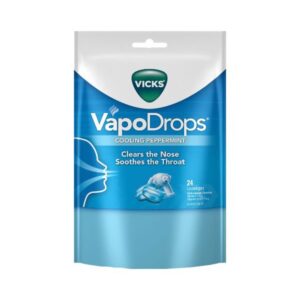
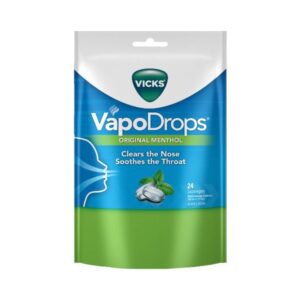
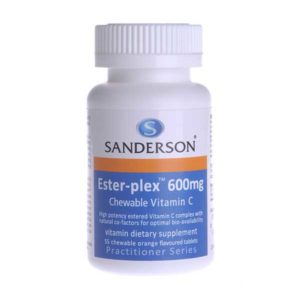
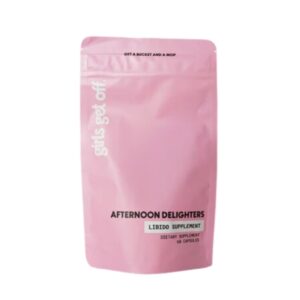
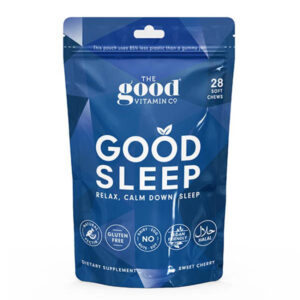
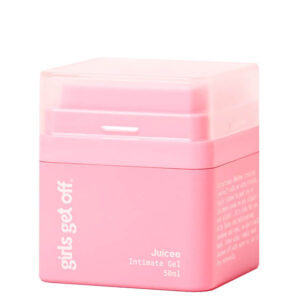
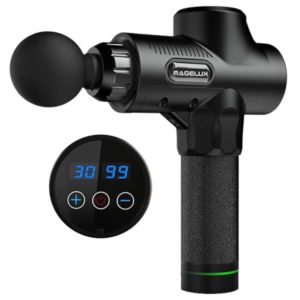

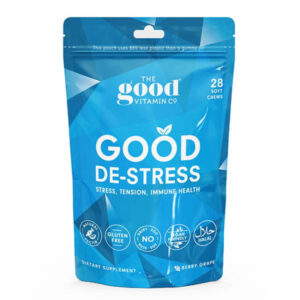


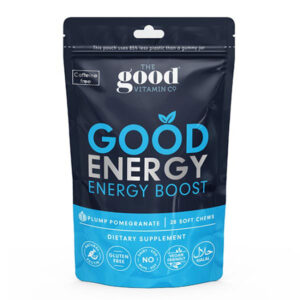
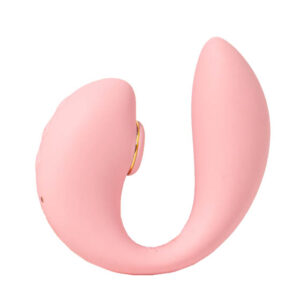

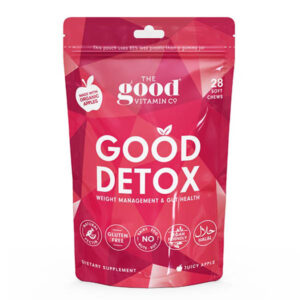




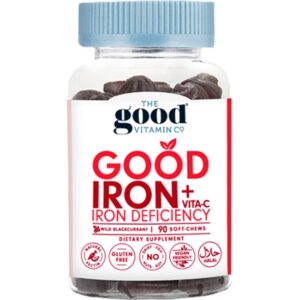

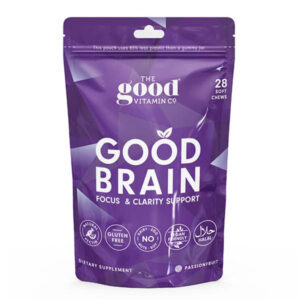

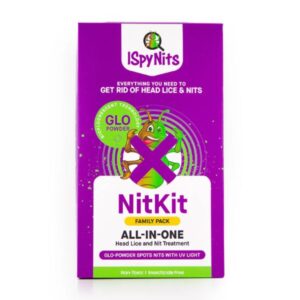
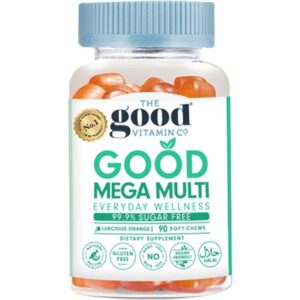
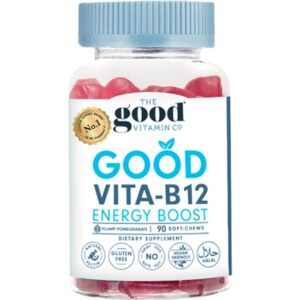


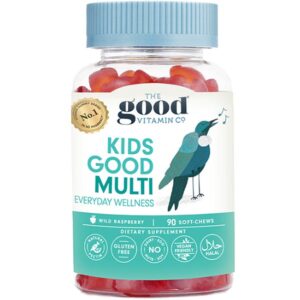

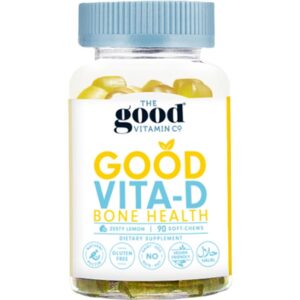

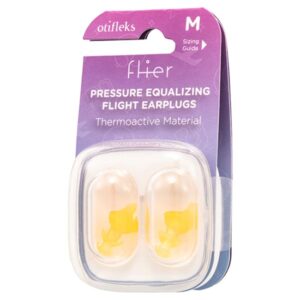

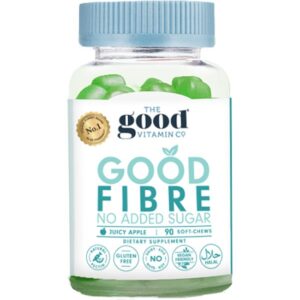
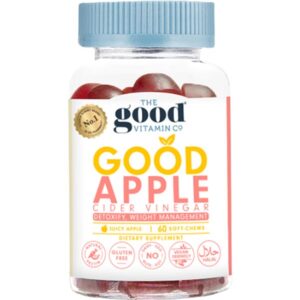

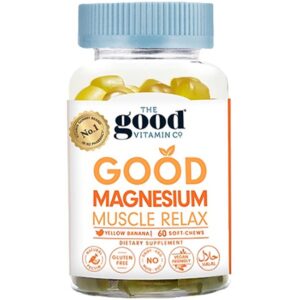
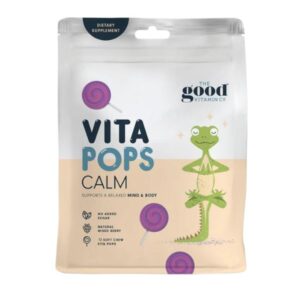

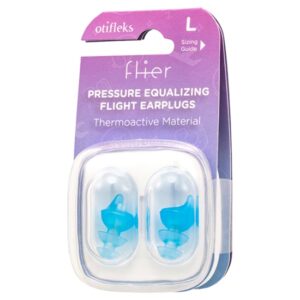
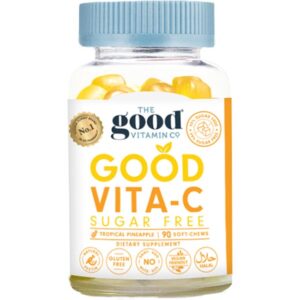




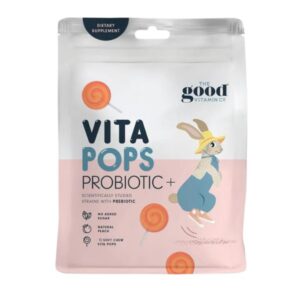

Written by Paul Taylor
Paul Taylor is a New Zealand–based healthcare content writer with 5+ years’ experience creating patient friendly articles for online pharmacies and health platforms. He specialises in accessible condition guides, prescription FAQs, OTC advice, and health & wellbeing tips, translating complex medicines or health condition information into clear, actionable content. Paul collaborates with the ZOOM Pharmacy clinical team and bases every article on authoritative sources, peer reviewed journals and national clinical guidelines to ensure evidence based, up to date content. His goal is to help readers feel empowered to make informed decisions about their medicines and wellbeing. This content is general information only and does not replace professional medical advice.